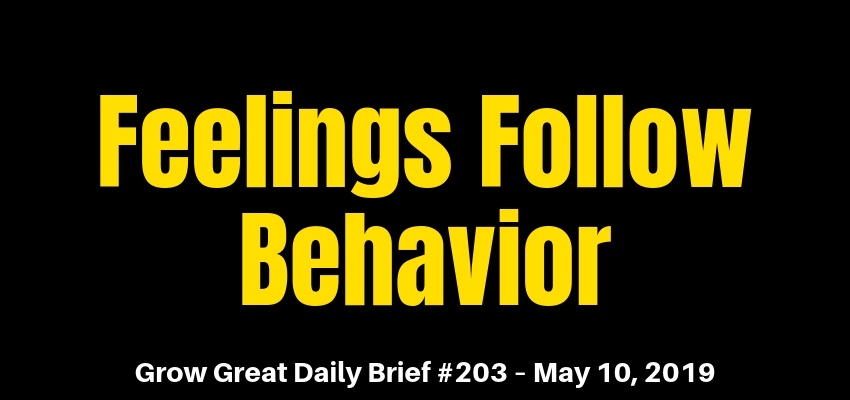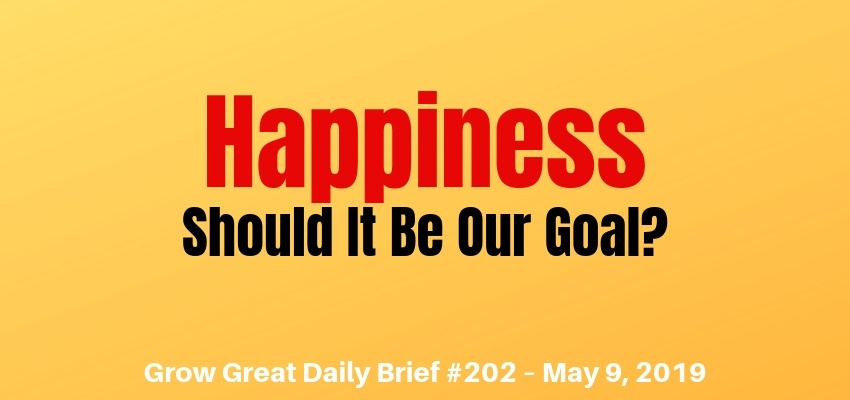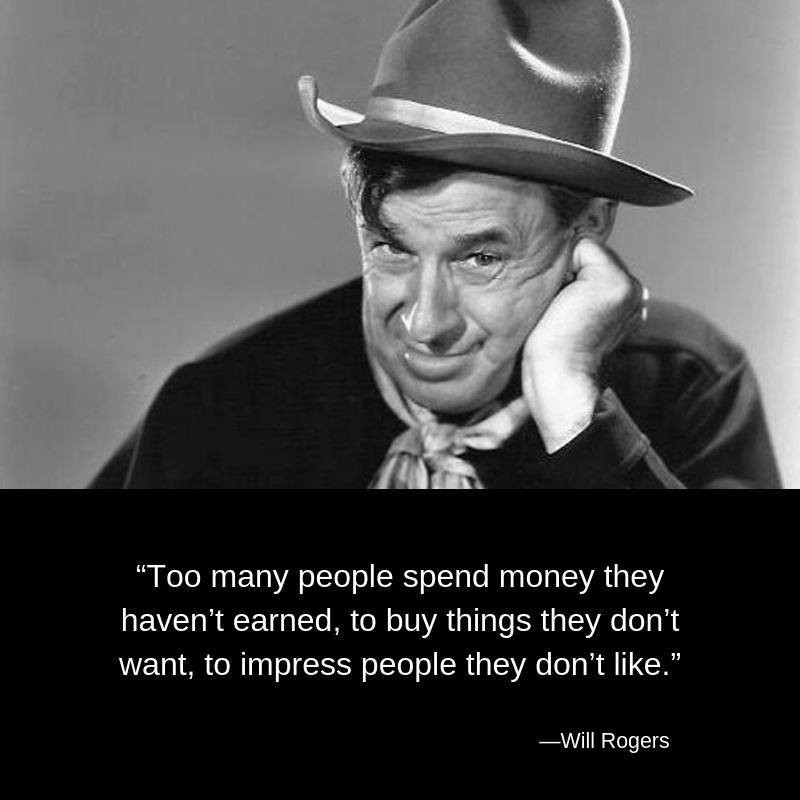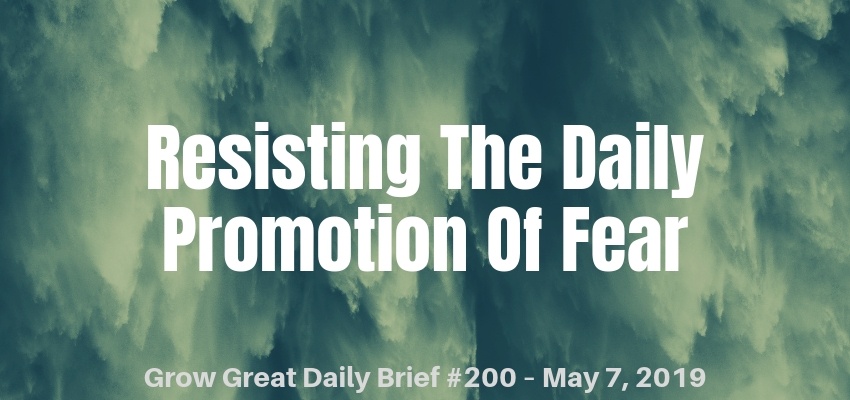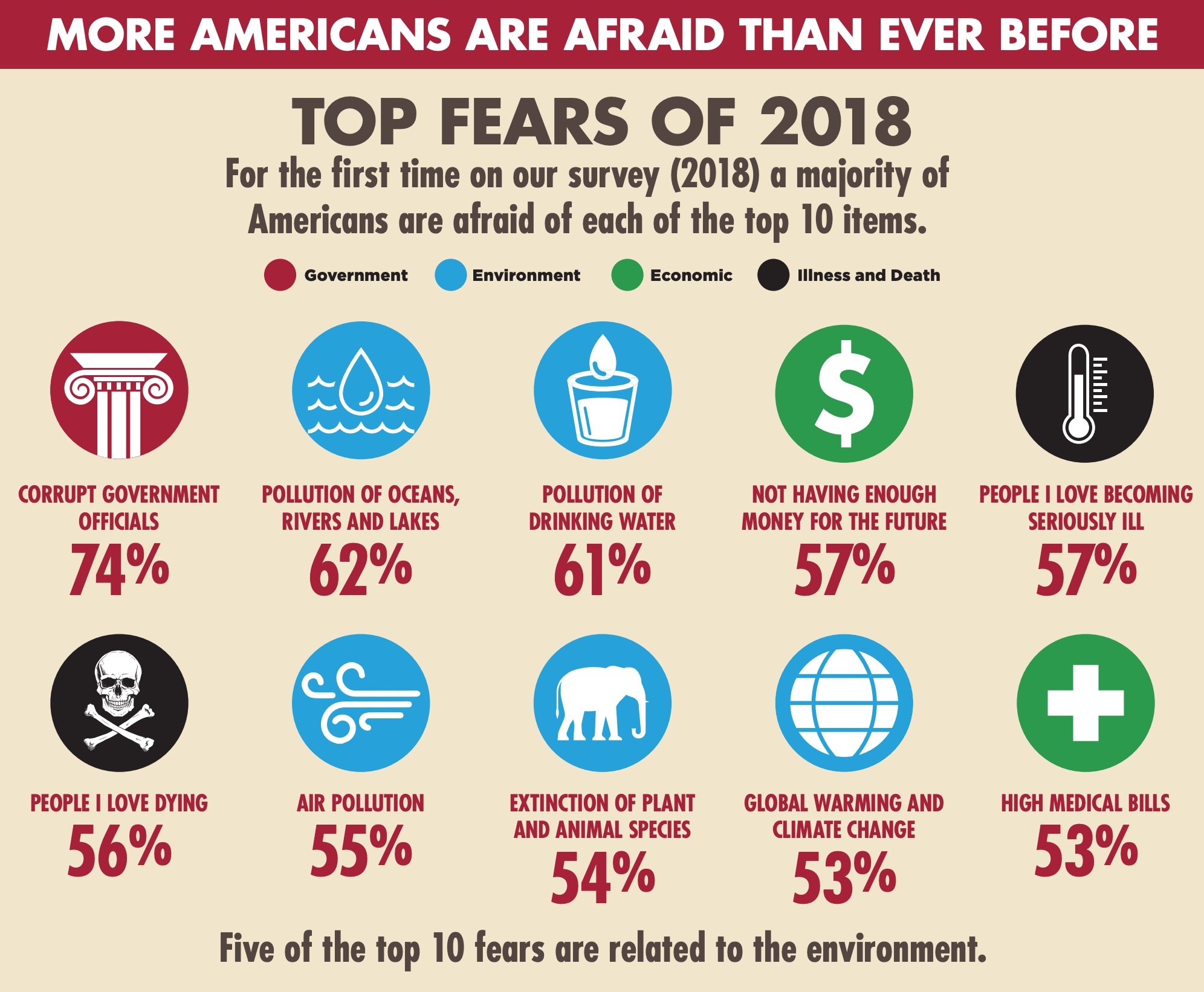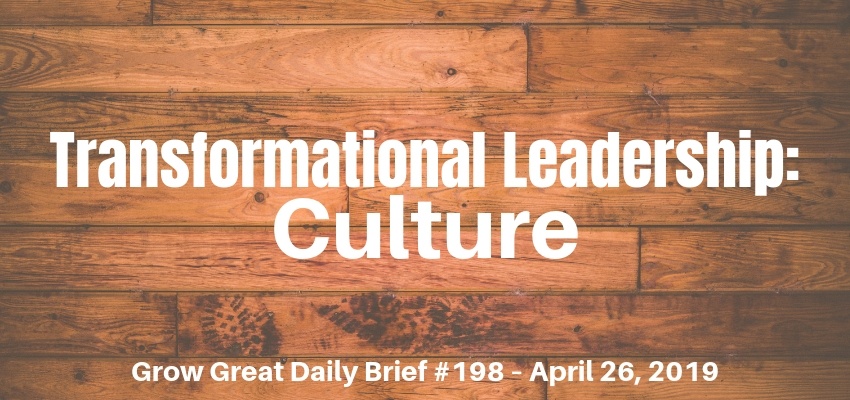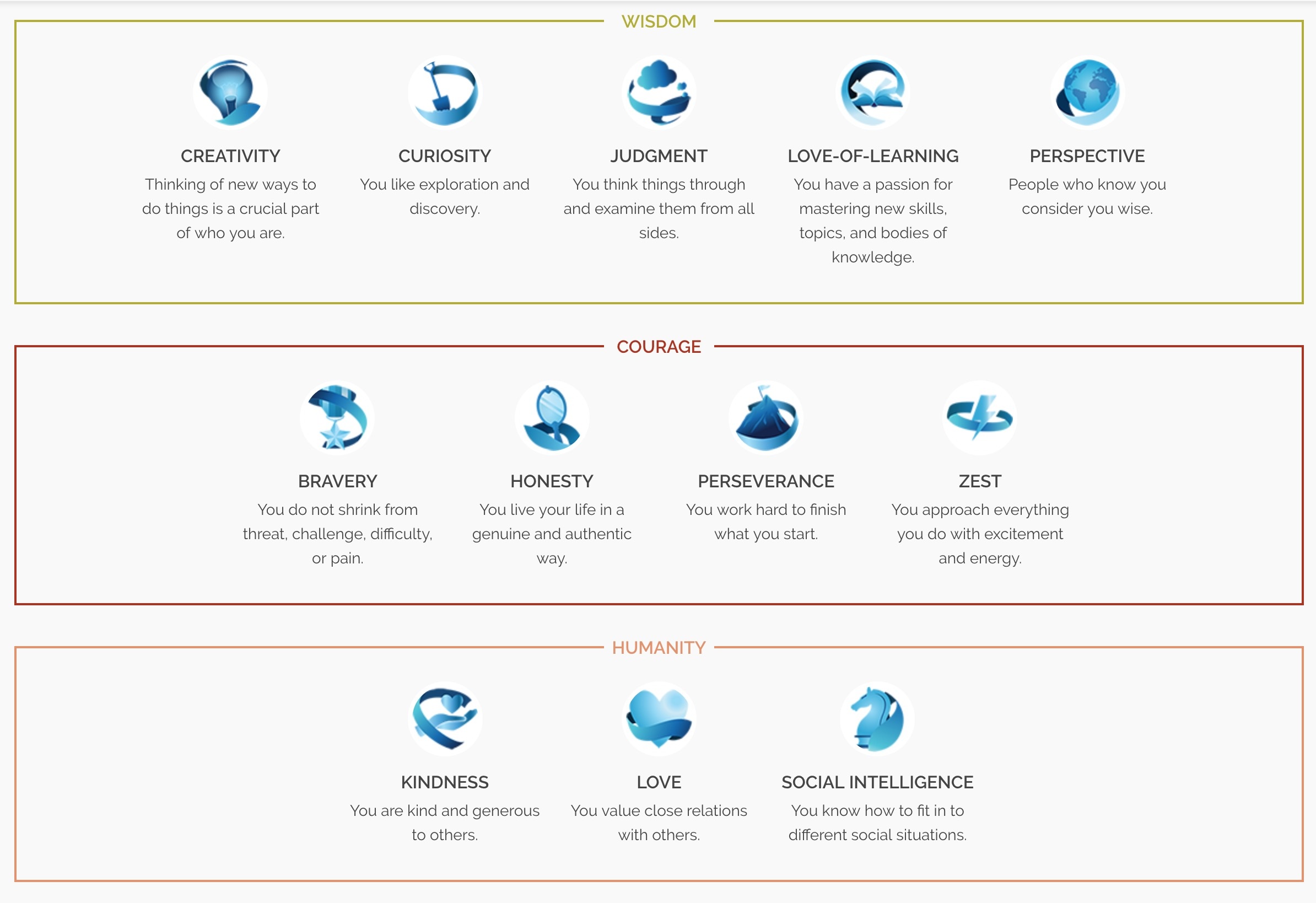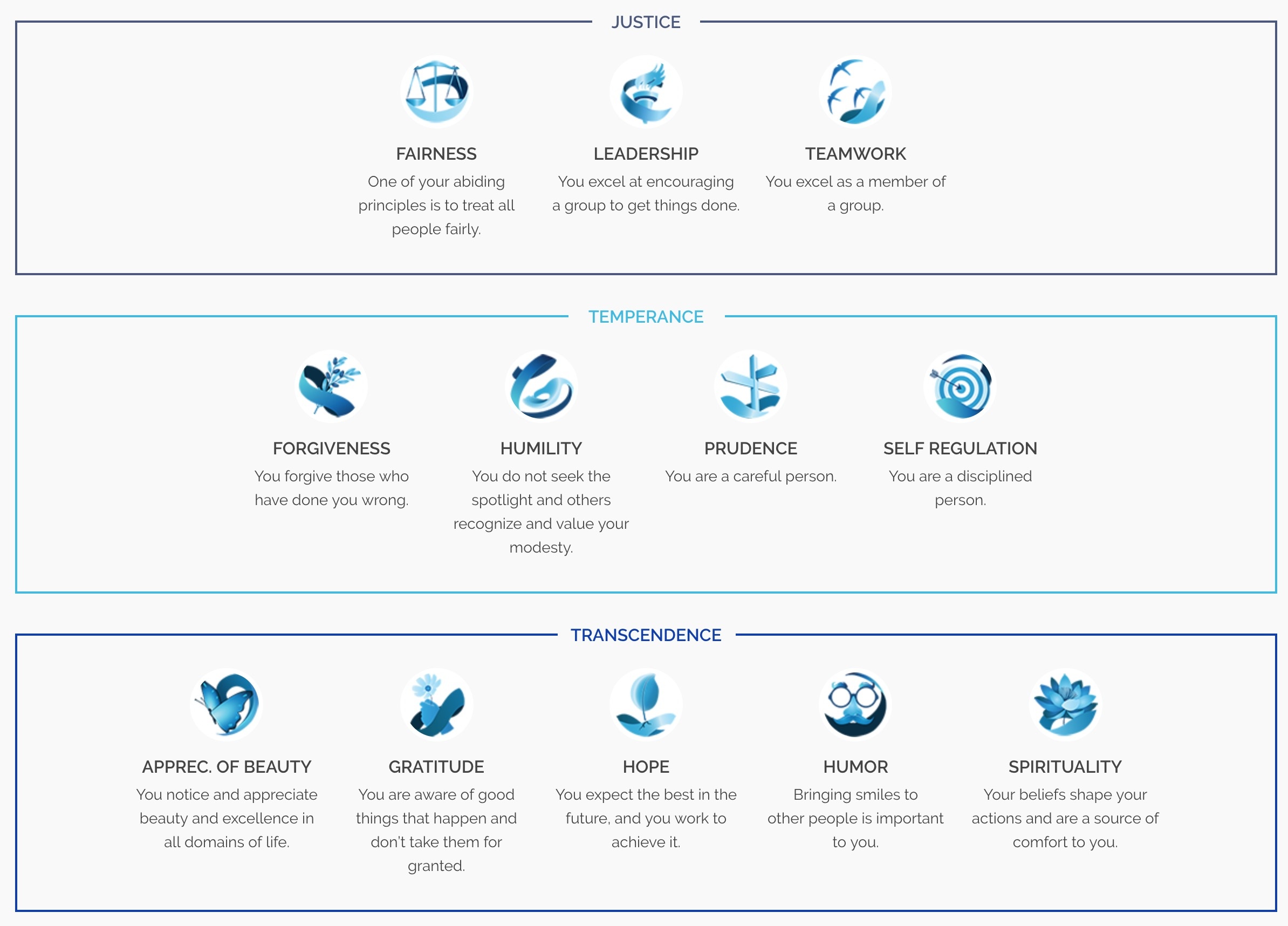Feelings Follow Behavior – Grow Great Daily Brief #203 – May 10, 2019
Podcast: Play in new window | Download (Duration: 11:36 — 13.8MB)
Subscribe: Apple Podcasts | Spotify | RSS | More
Back in 2010 I saw an online article entitled, “Action Creates Emotion: Want to change how you’re feeling? Change what you’re doing.”
In the summer of 1971, a team of researchers led by Psychology professor Phillips Zimbardo divided a group of undergraduates randomly into two groups, prisoners and prison guards, and arranged for them to act out their respective roles in a mock prison in the basement of the Stanford psychology building.
Within days, the guards began to display authoritarian attitudes, ultimately subjecting some of the prisoners to intentional humiliation. The prisoners developed passive attitudes, many sinking into a depressed state. The experiment had to be stopped after only six days.
The Stanford prison experiment is often said to illustrate the power of social roles in shaping behavior, but it also illustrates the power of behavior to elicit real powerful emotions. The guards in Zimbardo’s experiments were not really guards. And the prisoners were not prisoners. They were all volunteers. They were all students. But once they began to act the part, they began to feel the part.
We often want to change how we feel. It’s why people go to a therapist. Sadness. Depression. Anxiety. We want relief from the sober seriousness of their feelings. That’s why Monday I began with an episode about laughter. People who suffer chronic bad feelings can’t laugh.
The other day I’m told the sad story of a woman suffering ill health. Her weight has piled on through the years. She now tops the scales north of 300 pounds. It’s taking a toll even though she knows what to do to get her life back on a course toward improvement. Like most, she’s waiting until she feels better.
Do you see the problem?
She feels the way she does because her actions have resulted in putting her in this state. She’s not ignorant of what she needs to do, but she’s not motivated to change. While she’s waiting, her health is failing. She’d best not wait too long.
What about YOU?
What are you waiting for?
Foolishly we try to control how we feel or what we think. Meanwhile, our minds are filled with feelings and thoughts we don’t want. Much of the time they’re quite opposite of what we desire.
Enter action. Meaningful actions and behaviors that can serve us. Or not.
Do you ever feel helpless or hopeless? Of course you do. Sometimes. We all do.
Sit there passively concentrating on not feeling that way and it’ll only deepen. Or face the reality that when you feel that way you’re still able to start your day and go about with whatever chores stare at you through your to-do-list. How are you able to do that if you’re helpless?
Fact is, you’re in control of your actions. Including the ones you’re choosing to not do.
“But I don’t feel like doing that,” is our battle cry.
Translation: I don’t feel like doing that because it’s too hard. Too difficult.
Question: Is too hard or difficult the same as impossible?
Hardly.
What about courage, tenacity, and determination — the very ingredients for change, improvement, and growth?
New things often scare us. That includes new habits of living. The poor obese woman is likely afraid of changing her eating habits. Maybe like so many others she says to herself, “I’ll just fail at it anyway.” But isn’t she failing now? Failing to take care of herself. Failing to increase her self-esteem. Failing to live her best life. She’s spiraling. Perhaps a serious health scare will impact her, but she could easily wait too late.
Deep down she knows her life is out of control – even though it’s fully within her control. Like us, she’s living in a way to temporary satisfy herself. To make herself feel better in the moment, but to destroy her.
It happens. To any of us. We lose control of our lives. Our expectations lower. We sink deeper and deeper.
Alcoholism and many other maladies overcome our lives. Behavioral problems. The only remedy for addictions – including overeating – is to do something. Alcoholics can’t think about change. They can’t miraculously change how they feel. But they can behave differently.
It’s why support groups exist. They’re not restricted to addictions, but other sufferings benefit from them, too. To illustrate I’ve commonly used the group – the National Organization of Parents of Murdered Children.
These poor people have done nothing. Their feelings aren’t based on anything they’ve done, but in order to help change their feelings toward something profitable, they need support and help from others who understand. It beats sitting around their lonely houses pining about their condition – something they have every right to do, but it’s not profitable. They need to find their new normal so they can move forward in spite of their grief. The organization is dedicated to help them do that. What better place to find the resolve to take the actions necessary to move forward with life in spite of your tragic situation?
Sadly, society has done a disservice for countless millions who suffer a variety of conditions through no fault of their own. Well intended people and systems view many forms of mental illness issues as beyond the control of the person, which fosters people feeling and behaving like victims. Yes there are many psychological issues that can be effectively treated with the help of medication, but it certainly doesn’t mean all these people are without any control. It does mean society’s attempts to remove whatever sigma may be attached to any of these diagnoses has resulted in the likely misdiagnosis of behavioral problems that may not have anything to do with legitimate mental health concerns.
When my kids are young (back in the 1980’s) it was quite popular to hear parents with kids who had ADD (attention deficit disorder). Fact is, many of these kids were just – well, kids! Acting like a kid doesn’t mean your child has ADD.
So we too often compensate people – like the obese woman – with validation to make them feel better, but it has the opposite effect. They’re given incentives to surrender their sense of responsibility and behavior. We rob them of their self-esteem and self-respect. We make them victims thinking we’re serving them. Instead, we’re victimizing them.
How do you feel?
What feelings do you have that you’d like to change?
There’s only one remedy for changing your feelings.
Yes, sometimes medication is necessary. I’m not a doctor and you should absolutely seek a mental health professional if you’re feeling despondent and it’s more than a passing feeling.
Each of us is obligated to change our behavior. Each of us has to accept responsibility for our own actions and outcomes.
Refuse it and you’ll remain a victim. Victims feel a sense of shame and blame. The feelings don’t serve us because victims act like victims instead of acting like the people capable of behaving better.
That’s why I end each show with two action verbs that depend on you taking action.
Be well. DO good. GROW great.
RC
P.S. Are you a small business owner in the United States? And by “small” I don’t mean the size of your revenue or your headcount. Rather, I mean you’re close to the work. You’re close to the customers and the people in your company who serve them. I invite you to join me at The Peer Advantage by Bula Network, an online peer advisory group of just 7 entrepreneurs interested in growing great. This is a paid for mastermind group of seven small business owners who will meet online every other week to support each other, serve each other and invest in learning, understanding and growth. Visit the website at ThePeerAdvantage.com and complete the application today.
Feelings Follow Behavior – Grow Great Daily Brief #203 – May 10, 2019 Read More »
